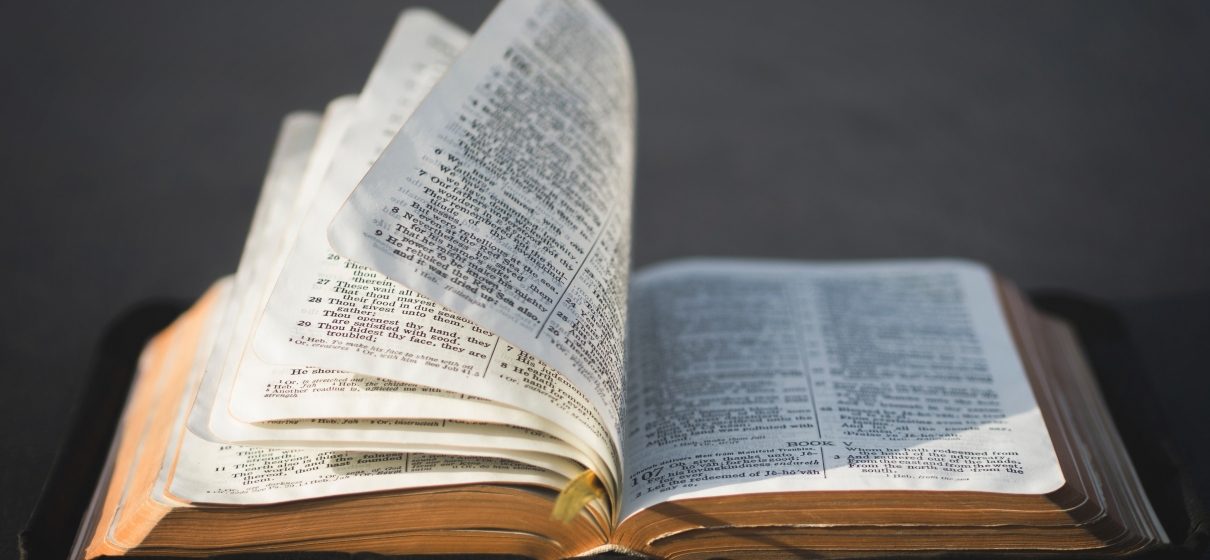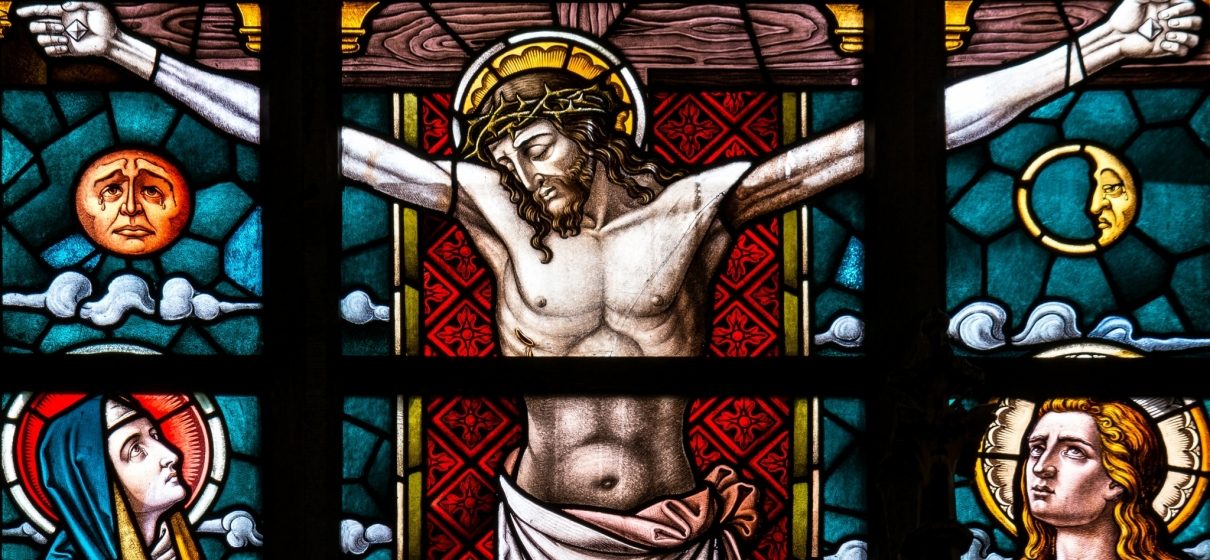A Study of Amos: The Faithful Love of God
In the summer 2020 message series “For the Love,” the Clear Creek Community Church Teaching Team will examine one of the least known sections of the Bible, the books known as the Minor Prophets, to better understand the great love of God and our faithful response to that love. Join with us in reading each book along the way! Each Sunday afternoon we will post an introductory video by The Bible Project and a 5-day reading plan with reflection questions to prepare you to hear the following Sunday’s message.
DAY 1—Read Amos 1-2
Amos begins with a description of its author and the impetus behind his ministry. Where is Amos from, and what did he do before becoming a prophet (v. 1)? God’s voice was so loud in Amos’ ears that he couldn’t ignore it (v. 2). What might this tell us about who God uses to do his work?
Today’s reading is a series of oracles containing God’s promise to judge various nations. What similarities and differences do you see in both the judgments they will endure and the reasons for God’s condemnation?
APPLY—The nation of Israel is the recipient of the longest of Amos’ oracles in today’s reading, and the remainder of the book will continue to address them. In the midst of this condemnation, the Lord reminds them of his past faithfulness to rescue them (v. 9-11). How can remembering our past experiences of receiving grace lead us to repentance and transformation? What works of God in your life do you need to remember today?
DAY 2—Read Amos 3-4
Chapter 3 contains a series of rhetorical questions, some of which may feel unfamiliar to a modern reader. What is the implied answer to all of these questions? Why is the culminating question (v. 6b) difficult for us? What is God claiming sovereignty over?
In Chapter 4, Amos utilizes a colorful image to describe the wealthy women of Samaria. To what animal does he compare them? For what actions have they earned God’s condemnation?
APPLY—Amos 4 outlines the Lord’s varied attempts to bring his people back to repentance: plenty and famine, health and pestilence, kindness and discipline. Looking back on your life, what are some circumstances—both good and bad—that God has used to draw you to himself? How can even difficulties in our life be evidence of God’s kindness and grace?
DAY 3—Read Amos 5-6
Compare Amos 5:5 and 5:14. What are the Israelites told to seek, and what will be the result if they do? In what way are these verses equivalent? How does God define goodin this chapter?
Chapter 5 ends with the Lord’s condemnation of the Israelite’s religious practices. Why would God hate something that he had commanded them to do (Isaiah 1:11-17)? What does verse 24 proclaim to be God’s greater priority?
APPLY—Chapter 6 can be hard to read from an American perspective, where even the poorest among us can still be considered wealthy on a global scale. The Israelites’ enjoyment and comfort are not sins, but symptoms—how do verses 8 and 12 show the underlying reasons for the coming judgment? In what ways do we need to examine our lives, repent, and pursue humility and justice?
DAY 4—Read Amos 7-8
Amos is given three visions of judgment in Chapter 7. How does Amos react to the first two predictions of disaster (v. 1-6), and how does God respond to his pleas? In contrast, Amos’ third vision illustrates Israel’s failure to meet God’s standard of righteousness. What is different about Amos’ response to this vision?
Chapter 7 ends with a narrative, breaking from the poetic forms of the remainder of the book. Who is Amaziah, and what does he demand that Amos do? What do you think is at the root of Amos’ fearless response?
APPLY—Amos 8:11-12 predicts a coming famine—not of food or water, but a loss of hearing God’s voice. The people of God experienced 400 years of silence between the prophet Malachi and the appearance of John the Baptist, during which no prophets spoke and no new revelation was given. We are blessed to have unlimited access to the entirety of God’s word—including a record of the life and teaching of the Word of God himself—yet at times we neglect the gift of being able to hear from him. What could you do today to build a habit of prioritizing time spent listening to his voice in his Word? How might that habit transform your life?
DAY 5—Read Amos 9
Verses 2-3 would have reminded Amos’ audience of Psalm 139:7-10, where David uses a similar structure to highlight God’s omnipresence as well. How are the implications of the Lord being with David different from the nation of Israel’s sobering experience here?
In verses 11-12, we get the first glimpse of any possibility of future restoration. What does Amos mean by “the booth of David”? How do we see this prophecy fulfilled in the coming of Jesus?
APPLY—Amos concludes with a promise of abundant future blessing: not just water, but wine; instead of bare ground, beautiful gardens; not simply survival, but endless flourishing. How do we as Christians alreadyexperience these spiritual blessings of abundance (John 10:10)? In what ways have we not yetreceived these blessings in their entirety (Revelation 22:1-5)? What can you do today to both turn to Christ for refreshment and fix your eyes on his future coming?








